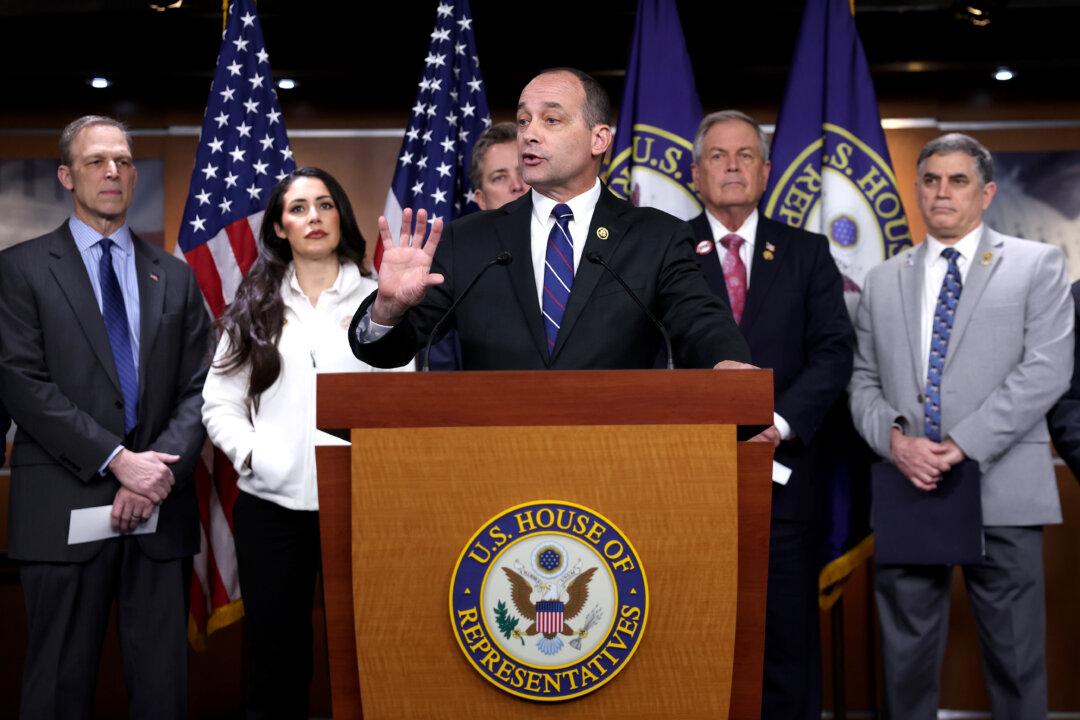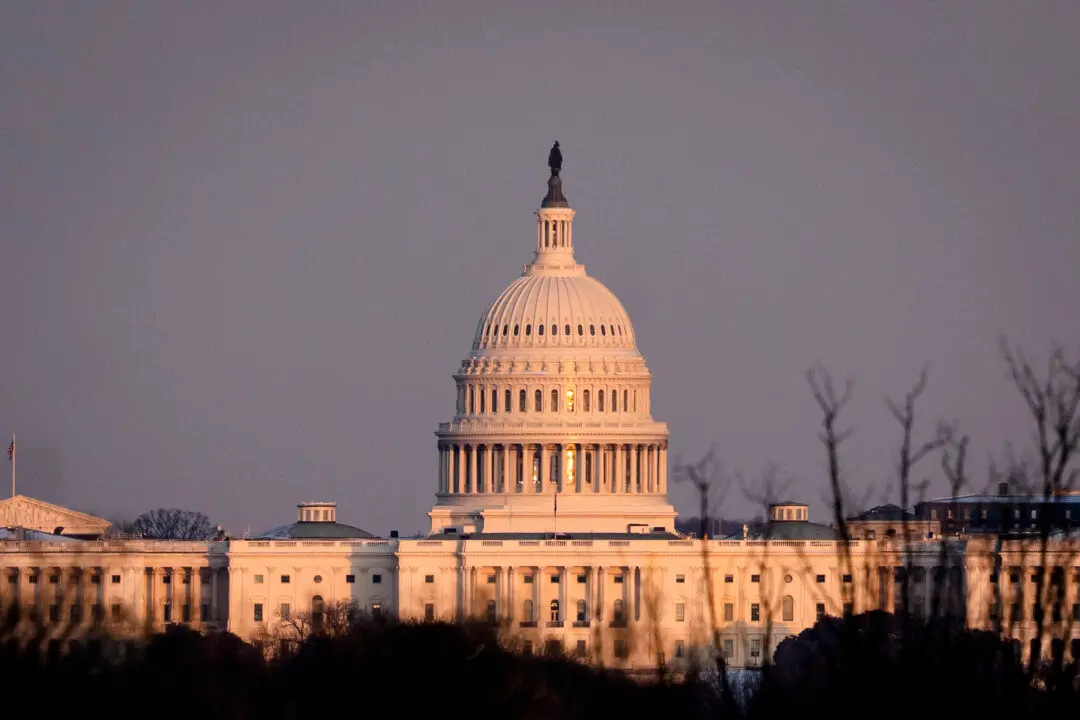Republicans in the House Freedom Caucus are warning House Speaker Mike Johnson (R-La.) not to use the ongoing crisis in Israel as an excuse to push additional Ukraine funding through the lower chamber.
In an April 15 statement, the House Freedom Caucus said that, while it “stands unequivocally with Israel,” attempting to use the crisis prompted by Iran’s unprecedented attack this weekend to pass Ukraine funding would be a “bogus justification.”





